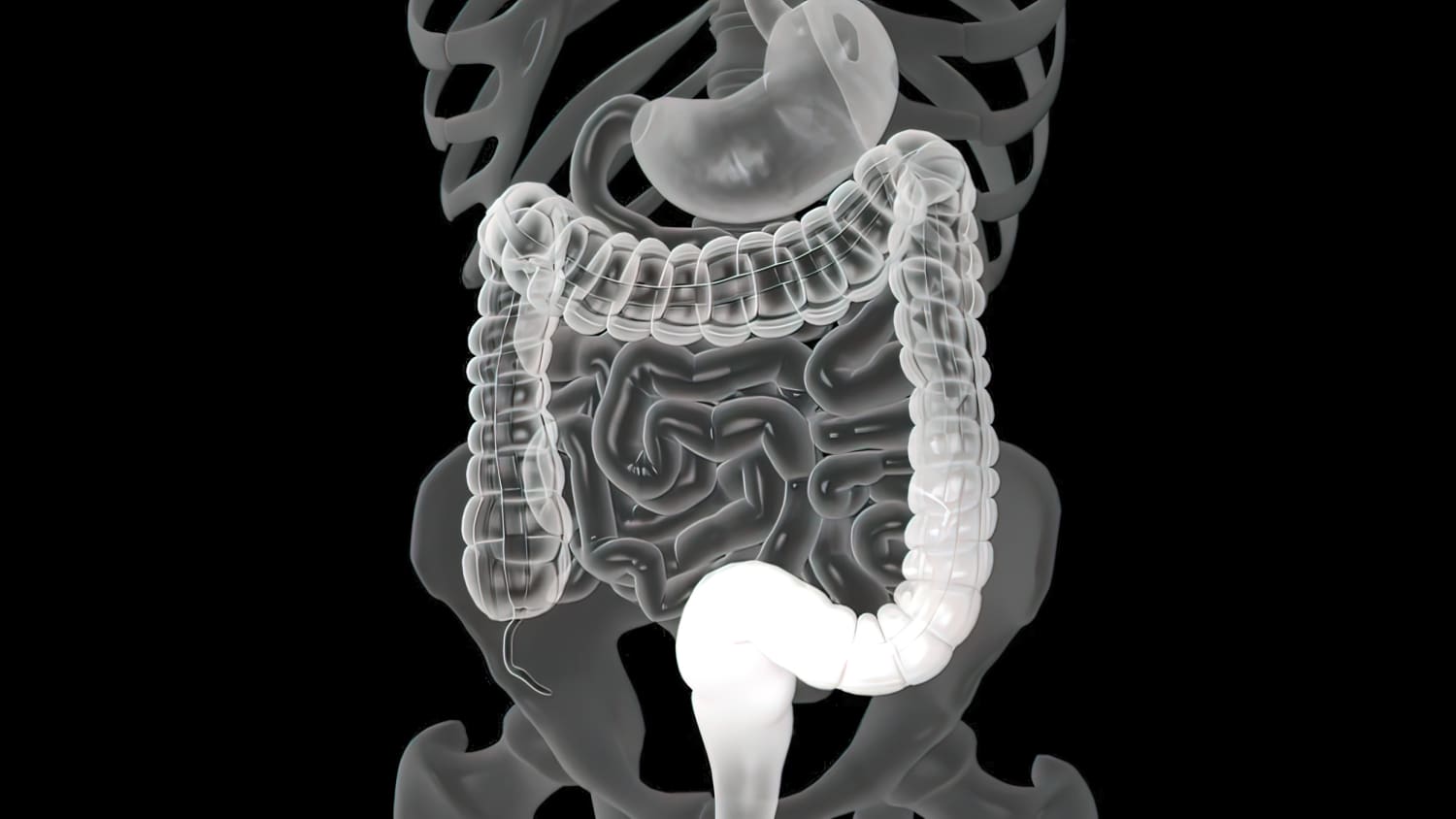The incidence of colorectal cancer among people under 50 has been rising since the 1990s, though the exact causes remain unclear. Experts, including Dr. Michael Cecchini of Yale Cancer Center, suggest lifestyle and environmental factors may be contributing, but ongoing research has yet to pinpoint specific reasons. This trend underscores the importance of staying vigilant, even for younger individuals, about potential symptoms and risks associated with the disease.
One unusual symptom gaining attention is “pencil-thin poop,” which may indicate the presence of tumors in the colon that narrow the stool’s passage. While thin stools are not a common symptom, they can be a red flag, particularly if they represent a new and persistent change. Experts emphasize that healthy stool should be sausage-shaped and consistent in size, and any sudden alterations, such as thinner stools or changes in bowel frequency, warrant attention.

Other common symptoms of colorectal cancer include blood in the stool, abdominal pain, unintentional weight loss, and changes in bowel habits. However, some cases present no symptoms at all, making regular screenings critical for early detection. A colonoscopy or stool-based tests are effective screening tools, and it’s essential to consult a doctor if you notice any concerning symptoms or have risk factors.
Individuals with a family history of colorectal cancer, especially those whose relatives were diagnosed before age 50, should consider early screenings. Other risk factors include inflammatory bowel disease, prior radiation treatments, certain genetic conditions, or a personal history of colon cancer. While routine screenings typically begin at age 45, people with these risk factors might need to start earlier based on their doctor’s recommendations.
Ultimately, while symptoms like pencil-thin stools can be alarming, they don’t automatically signal colorectal cancer. It’s crucial to discuss any concerning changes with a doctor, as early detection significantly improves treatment outcomes. By staying informed, proactive, and engaged with regular screenings, most cases of colorectal cancer can be effectively managed and cured.
